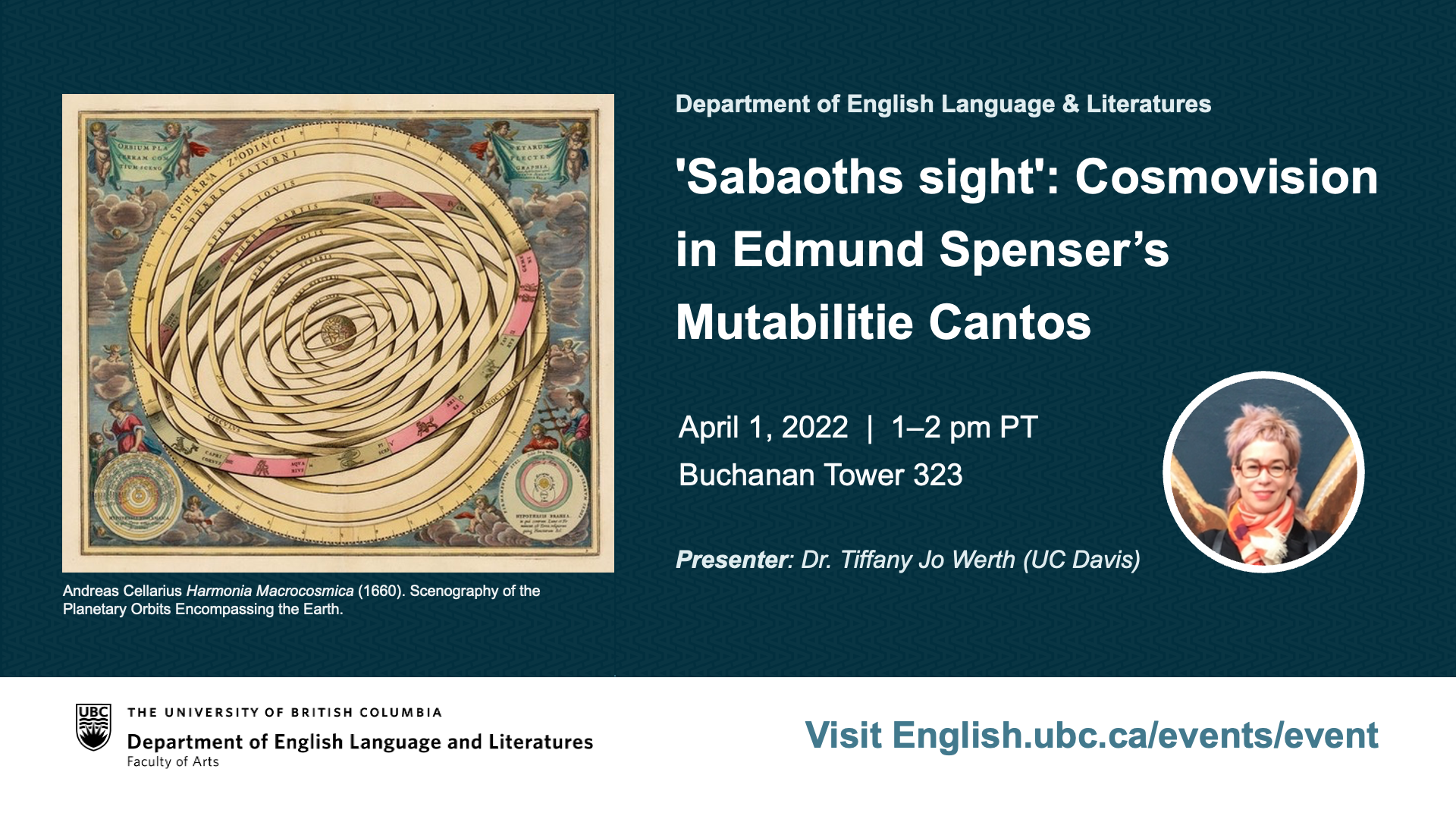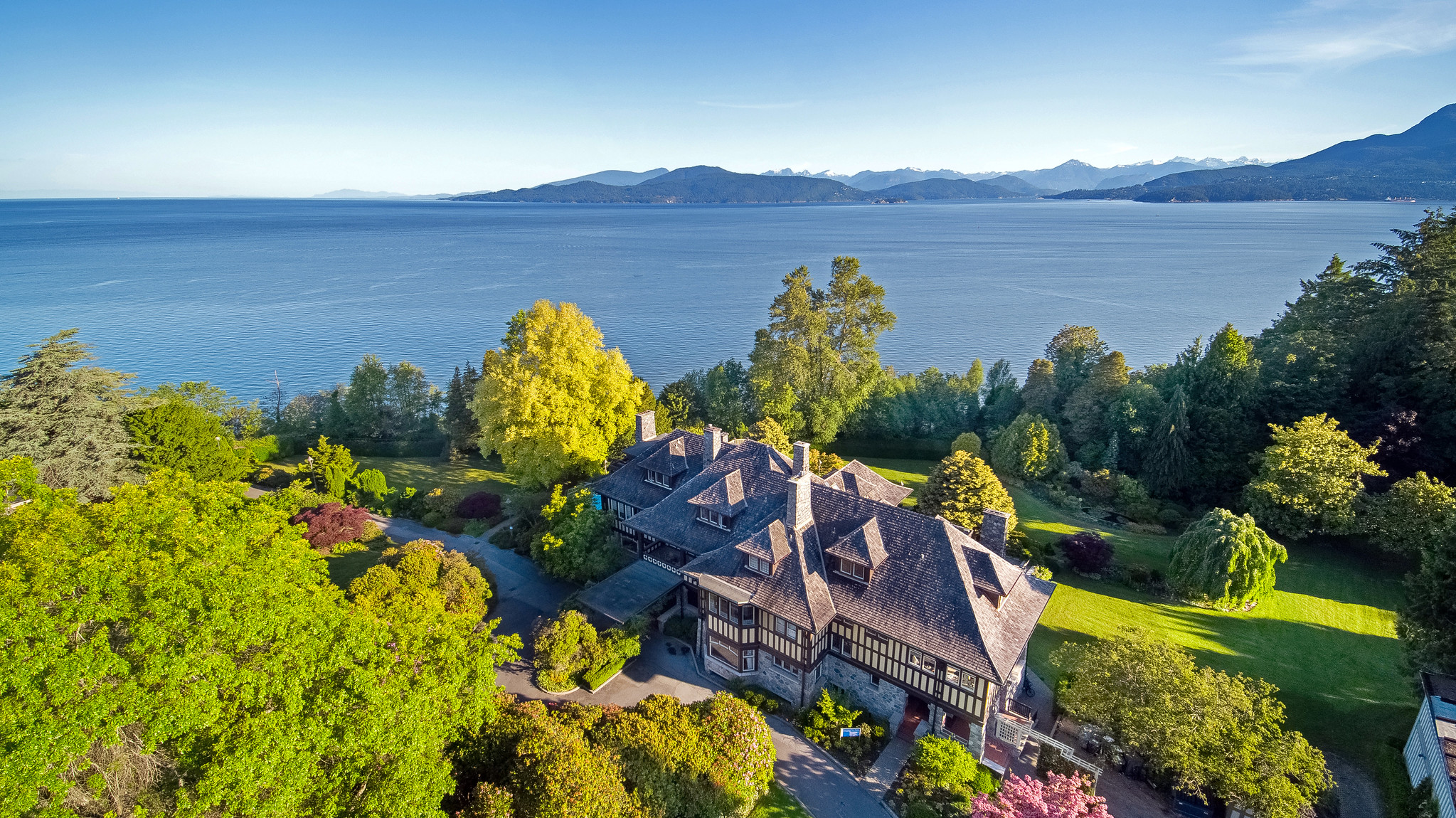

Talk Abstract
Medievalist Carl Phelphstead’s critique of the environmental humanities’s narrowly earth-centric focus asks us to look heavenward, to think “cosmocritically.” This paper takes up that challenge to reconsider how Spenser’s two cantos of Mutabilitie orient readers to take account of the relationships of all the realms in the cosmos, not just those on the terrestrial, mutable world of The Faerie Queene. Two questions guide a close reading of the final, closing moments of the poem: How does the human poet, himself a denizen of the sublunary realm, wield language to encompass celestial bodies (and their order)? And, might such a rhetorical move foster a “cosmocritical” consciousness that complicates seeming binaries of a Christian heaven and earth in favour of a dark pantheism?
Speaker Bio
Tiffany Jo Werth (Ph.D. Columbia University) is an Associate Professor of English at the University of Cailfornia, Davis. Her research interests include Renaissance literature (particularly in its nondramatic forms), Reformation history, print culture, posthumanism, and the long history of environmental narratives. Her current book project, entitled The English Lithic Imagination from More to Milton, argues that the mineral (clay, rocks, stones, bezoars, iron) offers an unsettling touchstone for rethinking Renaissance humanism and literary creation. Her co-edited collection (with Vin Nardizzi) Premodern Ecologies in the Modern Literary Imagination (U of Toronto 2019) explores how the places (local and global) where contributors research and teach shape their scholarship on Medieval and Renaissance English literature. In the fall of 2020, she had the honor to guest edit a special issue of the Spenser Review on the topic of ecological Spenser and Spenserians futures. She was a Mellon long-term fellow at the Huntington Library (2016-2017) and President of the International Spenser Society (2018-2019). Currently, she’s thrilled to be the PI for a University of California Humantities Research Institute funded multicampus faculty working group “On the Sea and Coastal Ecologies: Early Modern Pasts and Uncertain Futures.”

